On the morning of March 24, Deputy Prime Minister Tran Hong Ha chaired a meeting to listen to reports and give opinions on the draft Decree amending and supplementing a number of articles of Decree No. 06/2022/ND-CP of the Government regulating the reduction of greenhouse gas emissions and protection of the ozone layer.
The draft Decree is designed to detail the provisions of the Law on Environmental Protection, in accordance with the implementation of international agreements on climate change.
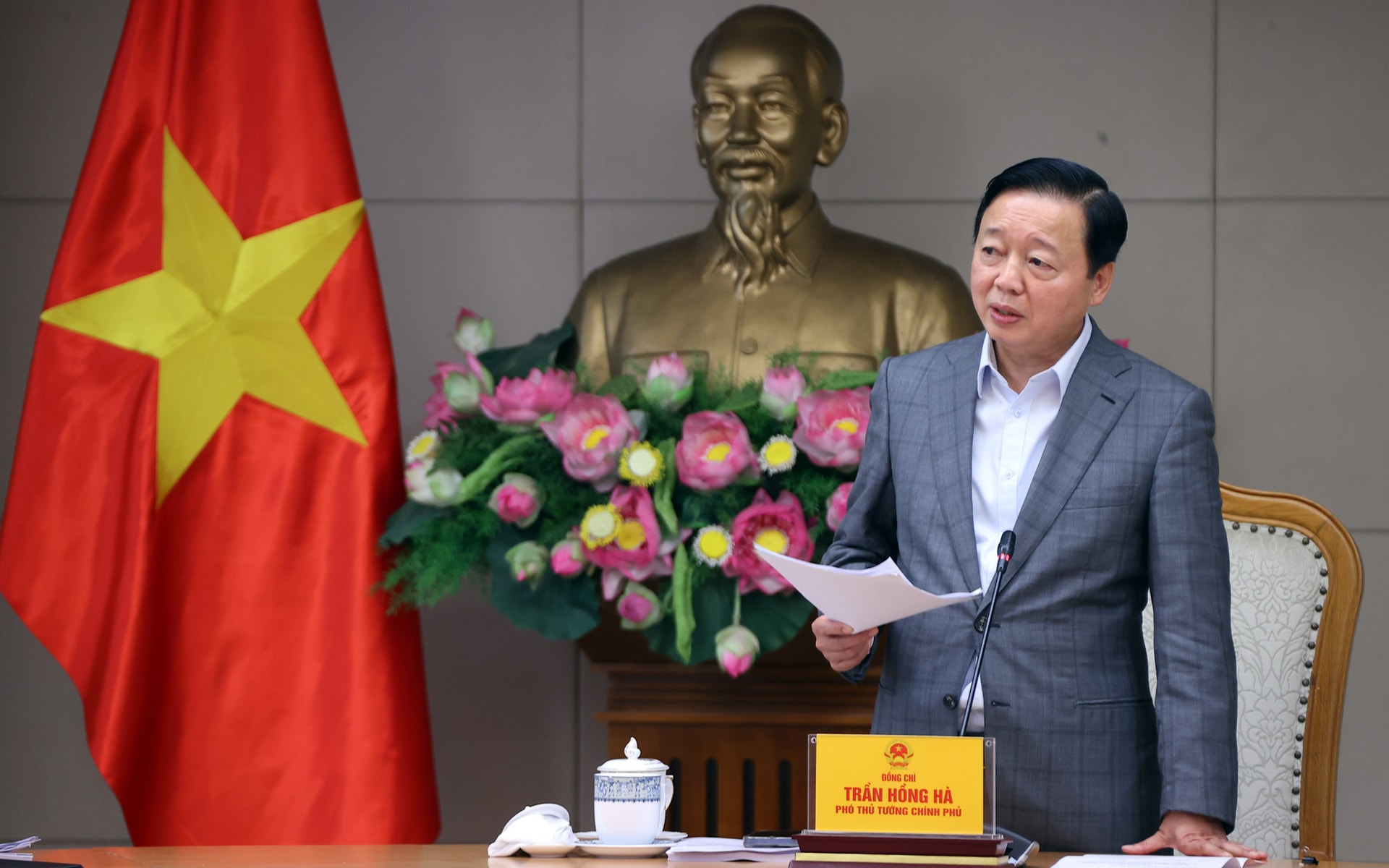
The provisions in the draft Decree aim to strengthen the work of greenhouse gas inventory, appraisal of inventory results, and greenhouse gas emission reduction; promote decentralization, delegation of authority, and cut and simplify administrative procedures, reduce compliance costs for enterprises in appraisal of inventory results, emission reduction, and organization of emission quota allocation.
Sector management ministries propose annual quota allocations for each facility under their management. The Ministry of Agriculture and Environment synthesizes and submits to the Prime Minister for consideration and approval of total greenhouse gas emission quotas by phase and year, then organizes the allocation of emission quotas to facilities.
The draft Decree details the roadmap for allocating greenhouse gas emission quotas in three phases: 2025-2026, 2027-2028, 2029-2030. In the first phase, the allocation will be for establishments with large emissions in three sectors: Thermal power, iron and steel production, and cement production. It is expected that 150 establishments will be allocated quotas in the first phase, accounting for about 40% of the country's total greenhouse gas emissions.
The content of the amendment and completion of regulations on the carbon market aims to adjust and update regulations clearly defining the subjects of emission quota exchange and carbon credit exchange; supplementing the content on the National Registration System for emission quotas and carbon credits to serve management work; detailing the activities of exchanging emission quotas and carbon credits on the trading floor; detailing the implementation of the domestic carbon credit exchange and offset mechanism.
In which, the sector management ministries approve the recognition of processes and technical standards for creating carbon credits, register projects, change project participants, cancel project registration, and grant carbon credits to projects within the scope of their management.
The draft Decree has added a number of new administrative procedures for the appraisal of greenhouse gas inventory results for establishments allocated emission quotas by the sector management ministry; implementing the domestic carbon credit exchange and offset mechanism. Administrative procedures have been simplified in the direction of reducing the number of subjects required to carry out carbon credit confirmation and reducing administrative procedures for emission quota confirmation.
Regarding regulations related to ozone layer protection, the draft Decree amends and completes 6 articles and appendices on: Controlled ozone-depleting substances and roadmap for management and elimination of controlled ozone-depleting substances; registration and reporting of the use of controlled substances; requirements for allocation, adjustment, and supplementation of production and import quotas for controlled substances; procedures for allocation, adjustment, supplementation, and cancellation of production and import quotas for controlled substances; collection, recycling, reuse, and treatment of controlled substances; responsibilities in the management of controlled substances.
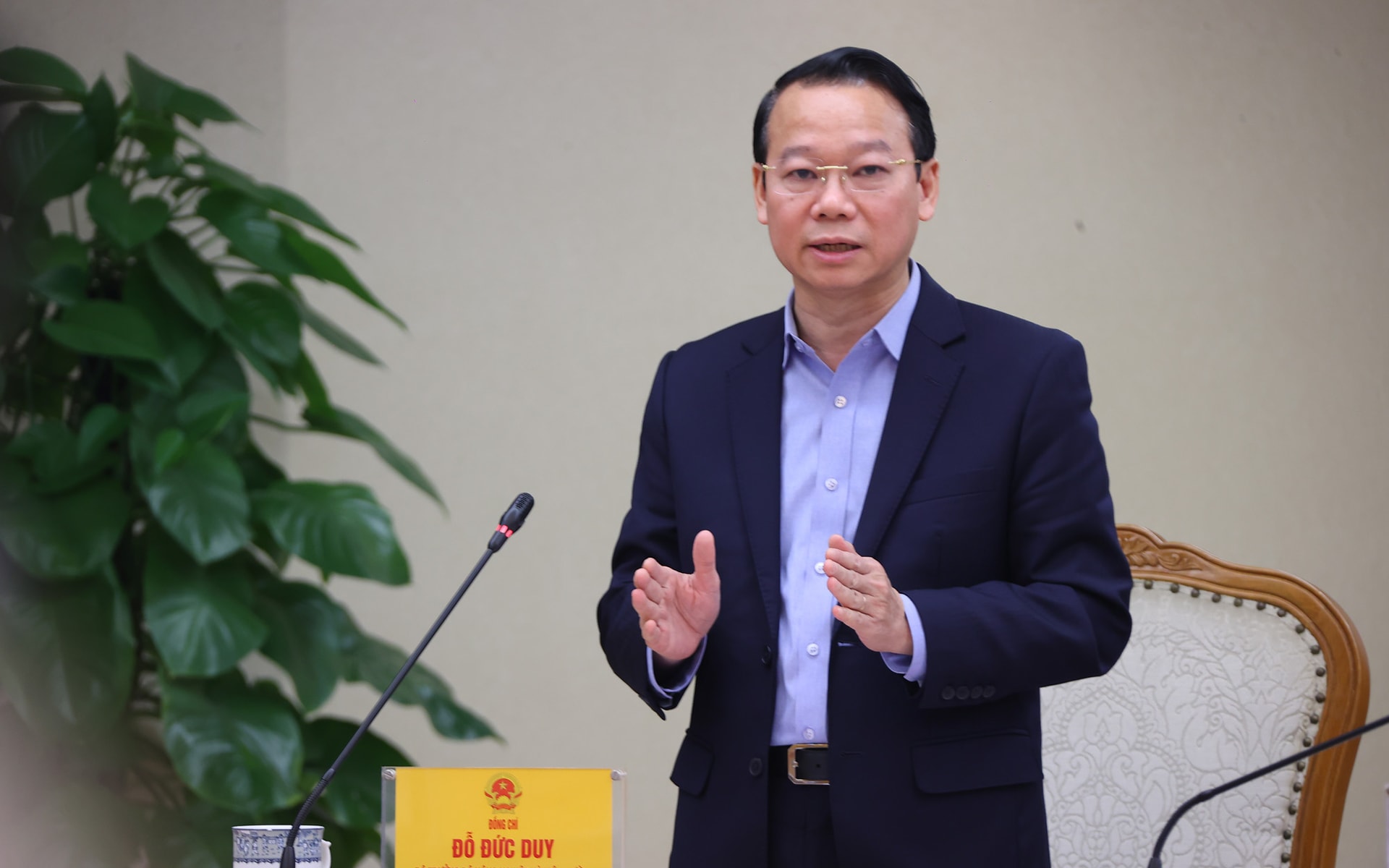
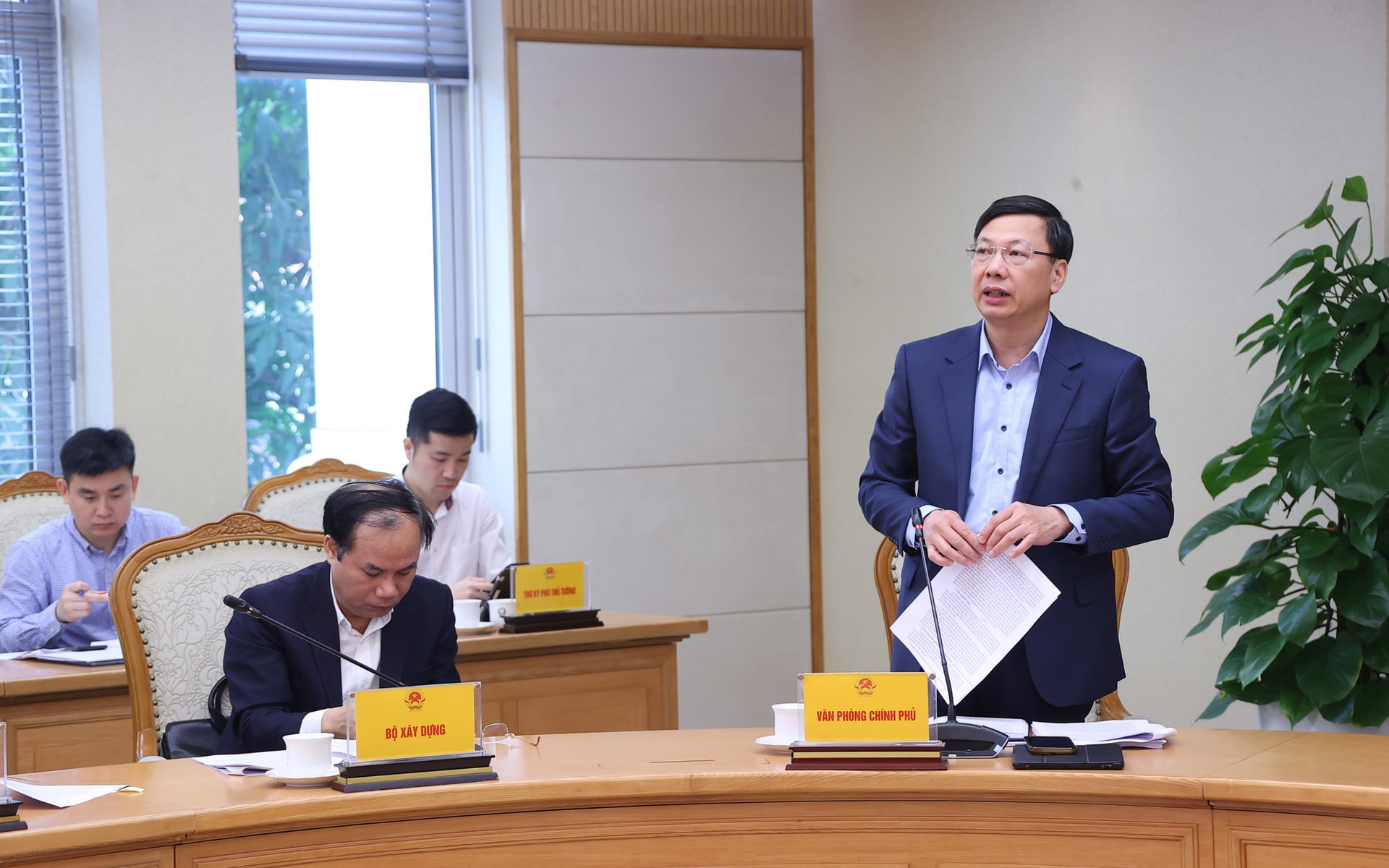
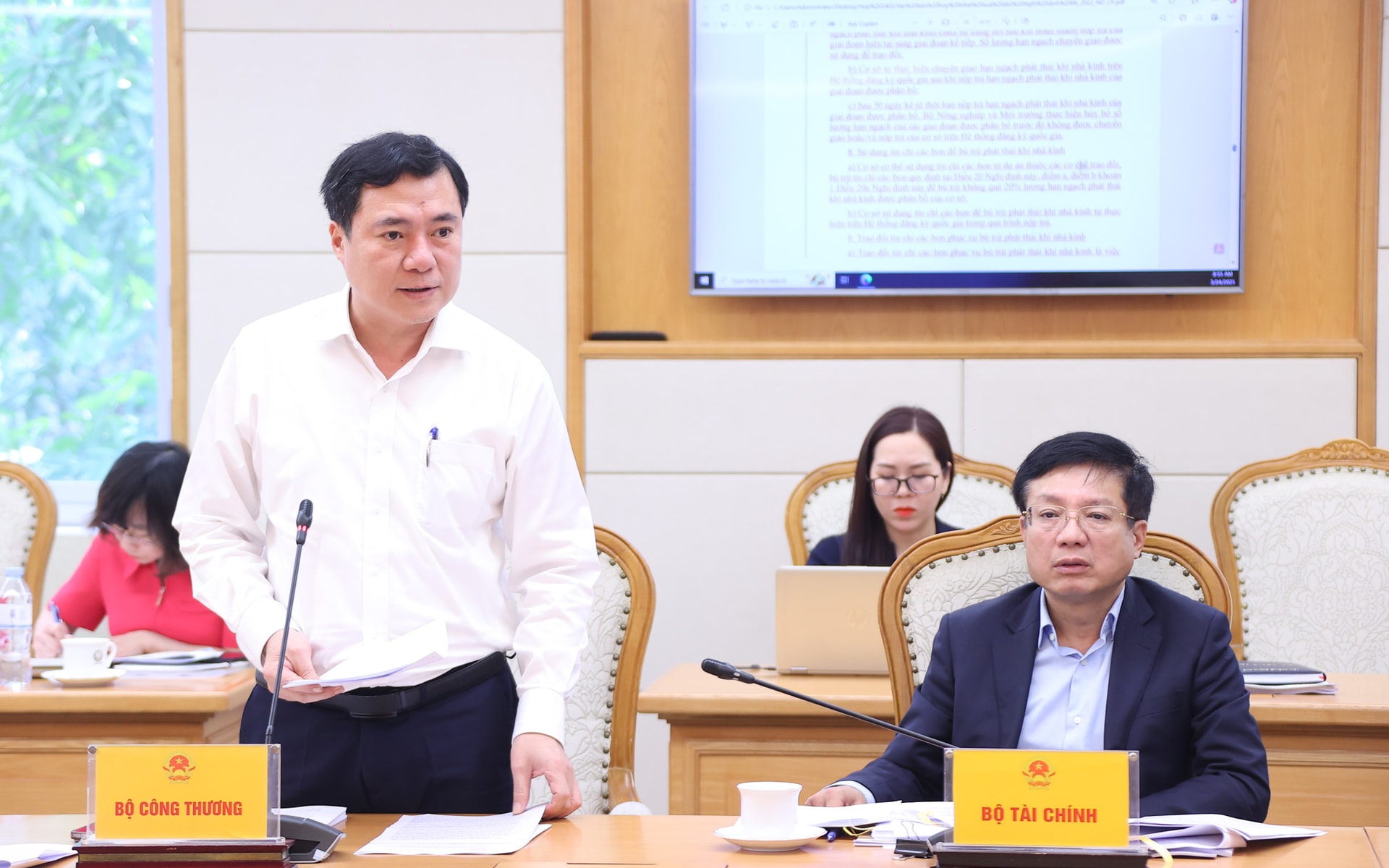
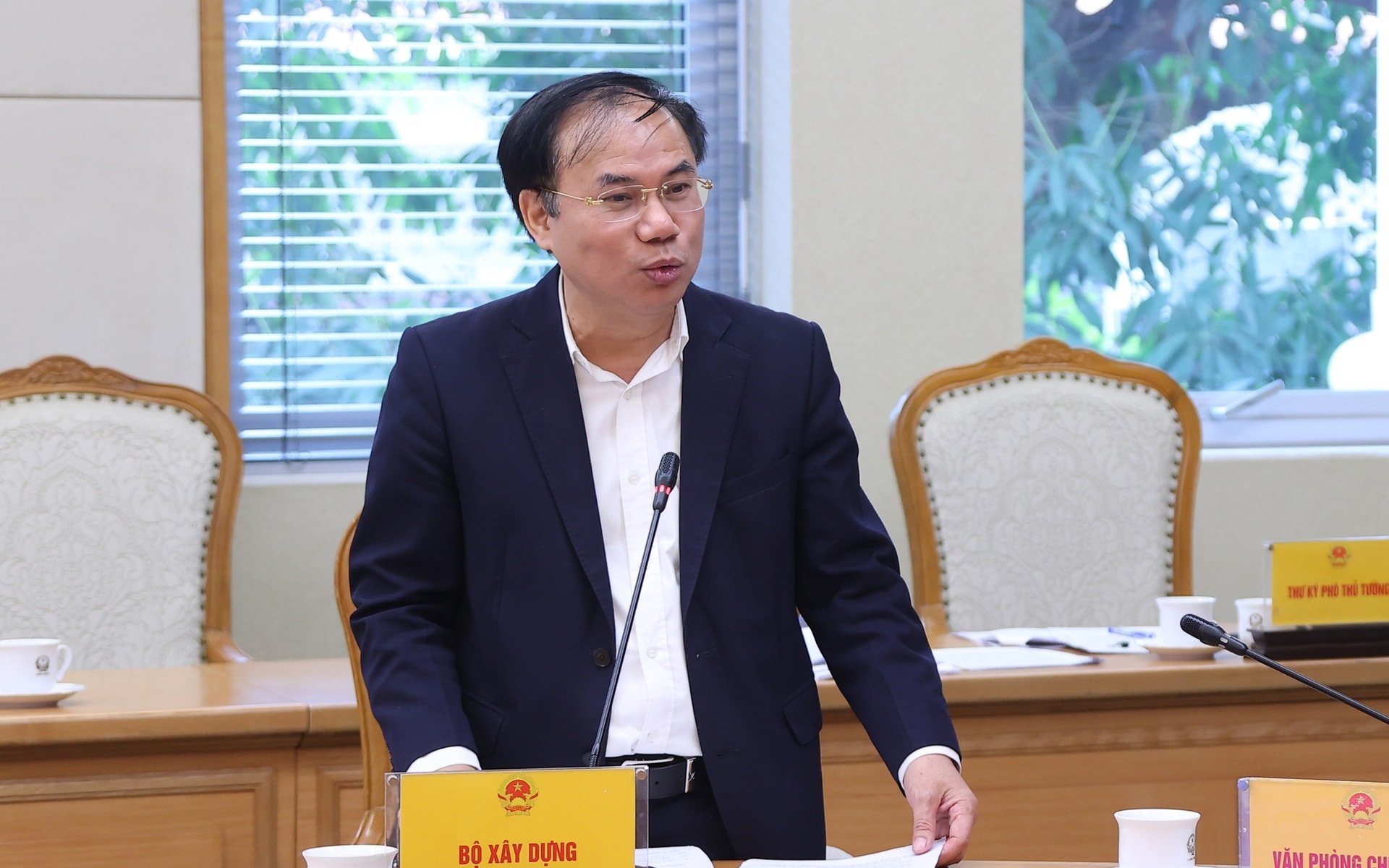
At the meeting, leaders of the Ministry of Industry and Trade, the Ministry of Construction , and the Ministry of Finance proposed the need for regulations, criteria, methodologies, and criteria for selecting organizations and independent consultants to conduct greenhouse gas emissions inventories and evaluate results related to greenhouse gas emissions to ensure objectivity, fairness, and transparency; develop a set of criteria when allocating emission quotas to each sector, locality, and enterprise; the interconnectivity of regulations on quotas and carbon credits with international standards, especially for enterprises; the quality of quotas and carbon credits traded on the carbon market, etc.
Minister of Agriculture and Environment Do Duc Duy said the spirit of designing and building the draft Decree is "running and queuing at the same time", working, updating and adding new issues to keep up with domestic and international changes.
"The decree is built in the direction of reducing greenhouse gas emissions as a matter of the whole society, divided by sector, field and cross-border, controlled by emission objects, solutions to reduce emissions and create carbon credits. Ministries and sectors will do it first, summarize and learn from experience before decentralizing to localities," Minister Do Duc Duy shared.
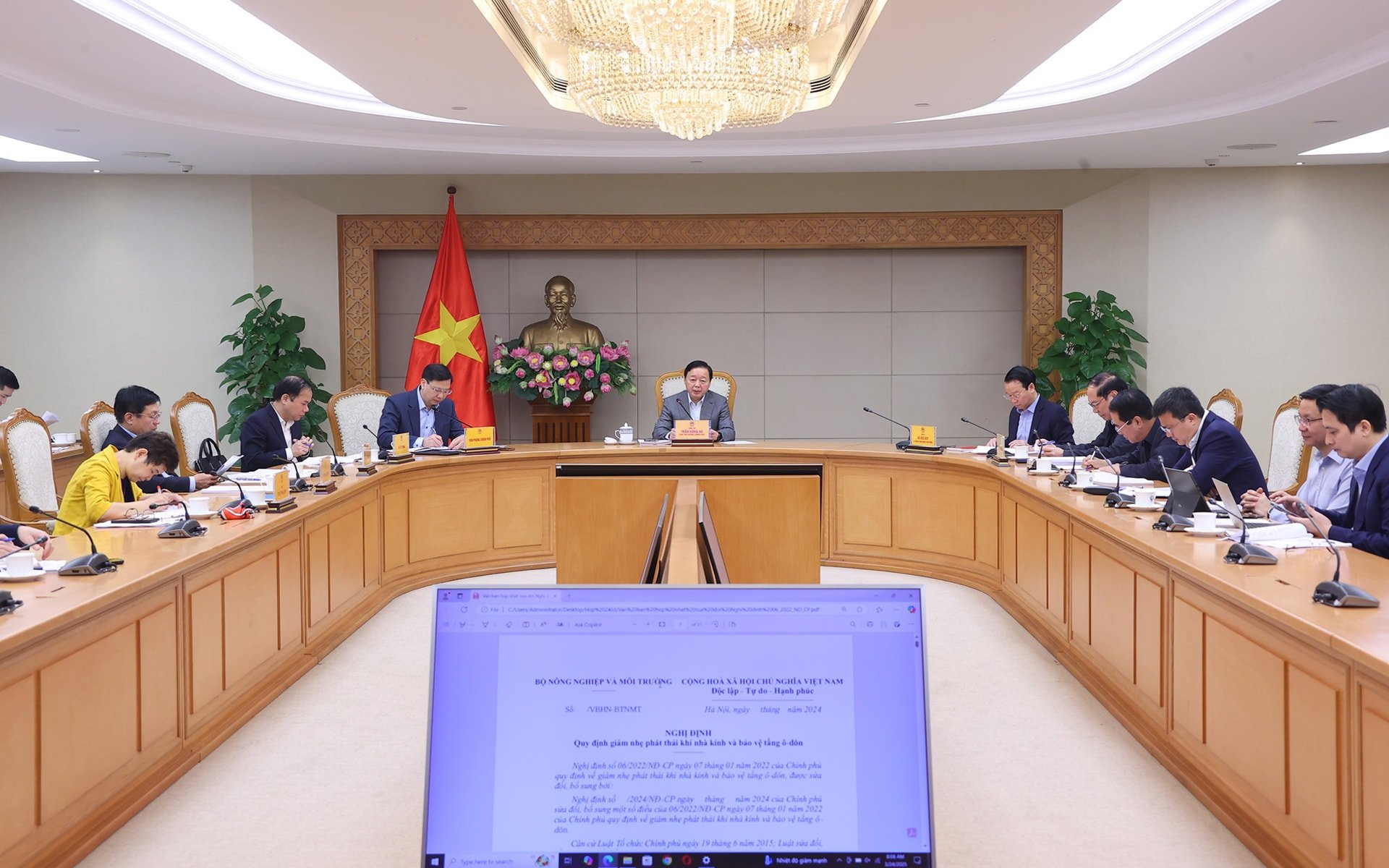
Concluding the meeting, Deputy Prime Minister Tran Hong Ha assessed that the draft Decree has gradually updated the international situation, practices, and existing experiences; demonstrated Vietnam's commitment to international agreements on reducing greenhouse gas emissions; and received great attention from domestic enterprises as well as trade partners and international organizations.
However, this is a technical decree with many fluctuations and changes, so the Ministry of Agriculture and Environment must thoroughly understand the specialized legal system and international agreements, and at the same time provide guidelines and principles for a controlled framework with a "sandbox" mindset to continue updating technical issues that may still fluctuate.
"This is a new field, requiring new administrative procedures to perform state management functions, but they must be as simple and concise as possible. You need to carefully study and calculate the decentralization plan, first of all assigning it to ministries and branches to manage the field," the Deputy Prime Minister said, noting that "the content, concepts, terminology, and drafting techniques of the draft Decree must be scientific, clear, and easy to understand so that businesses and people can understand and implement it."
The Deputy Prime Minister stated that the Decree, on the one hand, implements the general policy of gradually implementing technology investment, management and strengthening absorption measures to reduce emissions; on the other hand, it is to enable Vietnamese goods to compete in the world market. Therefore, regulations on standards, methods and policies must be compatible with international practices, while closely following the standards of each market, each business and production sector, each type of enterprise, "not horizontally, but flexibly and diversely according to each market, from the highest, strictest to the most open standards".
In addition, the Decree must decentralize and assign ministries and branches to develop and promulgate technical regulations and standards related to quotas and carbon credits; conditions for formation and operating mechanisms of organizations and independent consultants to measure, compile statistics, appraise, recognize, report... data related to greenhouse gas emissions and carbon credits with mutual recognition and recognition by international organizations and partners.
The Deputy Prime Minister also gave his opinion on regulations on managing carbon credit commodities in the carbon market; decentralizing emission quota management to specialized ministries; applying technology, implementing digital management and operations in all activities related to emissions and carbon credits;...
Source: https://daidoanket.vn/nghi-dinh-ve-phat-thai-khi-nha-kinh-phai-bat-kip-su-thay-doi-trong-nuoc-va-quoc-te-10302152.html



![[Photo] Party and State leaders attend the special art program "You are Ho Chi Minh"](https://vphoto.vietnam.vn/thumb/1200x675/vietnam/resource/IMAGE/2025/5/18/6895913f94fd4c51aa4564ab14c3f250)
![[Photo] Many young people patiently lined up under the hot sun to receive a special supplement from Nhan Dan Newspaper.](https://vphoto.vietnam.vn/thumb/1200x675/vietnam/resource/IMAGE/2025/5/18/6f19d322f9364f0ebb6fbfe9377842d3)

![[Photo] Ready for the top competitions of Vietnamese table tennis](https://vphoto.vietnam.vn/thumb/1200x675/vietnam/resource/IMAGE/2025/5/18/9c547c497c5a4ade8f98c8e7d44f5a41)




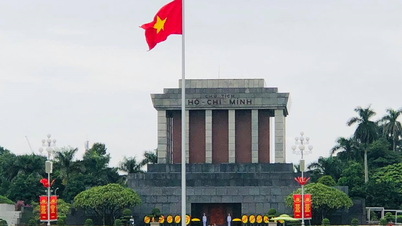







































































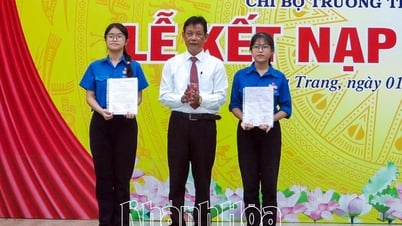
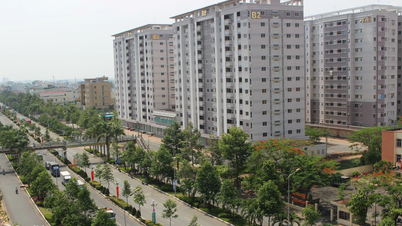











Comment (0)